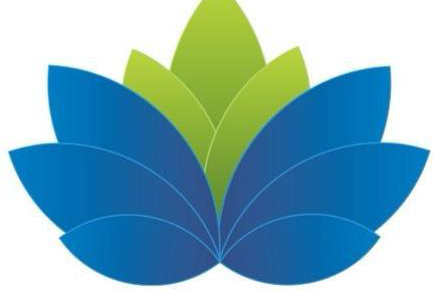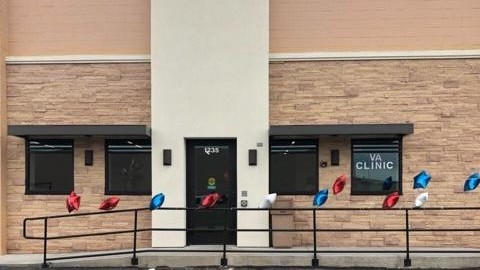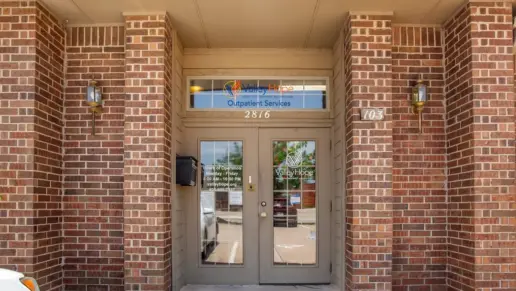People say don't judge a book by its cover that is definitely true at the oaks it's the inside that counts. The facility and the staff were amazing they taught me more in 2 months than I had learned in several other rehab centers. Keith and Tammy the counselors are amazing t ...
About The Oaks Rehabilitative Services Center
The Oaks Rehabilitative Services Center is a drug and alcohol addiction center located in McAlester, Oklahoma, that treats adolescents and adults seeking to recover from substance use disorder. They offer age-specific detox, residential, and outpatient programs. A specialty inpatient track is available for women with children.
Detox helps you remove harmful substances from your body and often occurs as the first phase of addiction recovery. When detox is completed in an inpatient setting, providers can continuously monitor your vital signs and withdrawal symptoms to ensure the process is as comfortable as possible. When detox is completed on an outpatient basis, monitoring isn’t continuous. The length of detox and the method used varies depending on what’s best for you.
Their adult residential treatment supports clients who need mental health and physical stabilization before further treatment can begin. Most residential programs include counseling, education, classes, relapse prevention, and aftercare planning. A specialty track is available for pregnant women or women with young children. This track provides programming that takes into consideration parenting and the welfare of the child. Oaks Rehabilitation Services also provides a specialty track for teens that focuses on the unique challenges this age brings when it comes to addiction and recovery.
Outpatient treatment programming is a more flexible approach to addiction treatment. This service provides continued support for addiction recovery through individual therapy, group therapy, and educational classes on addiction and recovery. Medications may be managed, and for those in need, trauma support may also be offered. The goal is to continue to move toward a life of recovery and a suitable aftercare treatment plan that allows for reintegration back into society. Group therapy involves treatment through the process of connecting in a group setting to discuss and work through mental, emotional, and physical issues. There’s a number of different group therapy modalities available, including support groups, experiential therapy, psychoeducation, and more.
They’re partially funded through the Oklahoma Department of Mental Health and Substance Abuse Services. Costs are determined based on personal income level and family size. They also accept most forms of commercial insurance. Speak with your individual provider to verify your coverage because out of network benefits can vary.
They’re accredited by the Commission on Accreditation of Rehabilitation Facilities (CARF).
Latest Reviews
Rehab Score
Other Forms of Payment
Private insurance refers to any kind of healthcare coverage that isn't from the state or federal government. This includes individual and family plans offered by an employer or purchased from the Insurance Marketplace. Every plan will have different requirements and out of pocket costs so be sure to get the full details before you start treatment.
Self-pay involves paying for treatment out of your own pocket. You can use savings or credit, get a personal loan, or receive help from family and friends to fund your treatment. If you don't have insurance or your insurance plan doesn't cover a specific program, self-pay can help ensure you still get the care you need.
Financial aid can take many forms. Centers may have grants or scholarships available to clients who meet eligibility requirements. Programs that receive SAMHSA grants may have financial aid available for those who need treatment as well. Grants and scholarships can help you pai for treatment without having to repay.
Sliding scale payments are based on a client's income and family size. The goal is to make treatment affordable to everyone. By taking these factors into account, addiction recovery care providers help ensure that your treatment does not become a financial burden to you or your family, eliminating one barrier to care.
Medicare is a federal program that provides health insurance for those 65 and older. It also serves people under 65 with chronic and disabling health challenges. To use Medicare for addiction treatment you need to find a program that accepts Medicare and is in network with your plan. Out of pocket costs and preauthorization requirements vary, so always check with your provider.
Military members, veterans, and eligible dependents have access to specific insurance programs that help them get the care they need. TRICARE and VA insurance can help you access low cost or no cost addiction and mental health treatment. Programs that accept military insurance often have targeted treatment focused on the unique challenges military members, veterans, and their families face.
Medicaid is a state based program that helps lower-income individuals and families pay for healthcare. Medicaid covers addiction treatment so those enrolled can use their coverage to pay for rehab. When a program accepts Medicaid the client often pays very little or nothing out of their own pocket.
Addiction Treatments
Levels of Care
Treatments
The goal of treatment for alcoholism is abstinence. Those with poor social support, poor motivation, or psychiatric disorders tend to relapse within a few years of treatment. For these people, success is measured by longer periods of abstinence, reduced use of alcohol, better health, and improved social functioning. Recovery and Maintenance are usually based on 12 step programs and AA meetings.
To address the issues of addiction, each drug rehab in Oklahoma is tailored to meet the individual's needs. Treatment may occur in a residential or outpatient setting, and may last from a few days to several months.
Many of those suffering from addiction also suffer from mental or emotional illnesses like schizophrenia, bipolar disorder, depression, or anxiety disorders. Rehab and other substance abuse facilities treating those with a dual diagnosis or co-occurring disorder administer psychiatric treatment to address the person's mental health issue in addition to drug and alcohol rehabilitation.
Opioid rehabs specialize in supporting those recovering from opioid addiction. They treat those suffering from addiction to illegal opioids like heroin, as well as prescription drugs like oxycodone. These centers typically combine both physical as well as mental and emotional support to help stop addiction. Physical support often includes medical detox and subsequent medical support (including medication), and mental support includes in-depth therapy to address the underlying causes of addiction.
Substance rehabs focus on helping individuals recover from substance abuse, including alcohol and drug addiction (both illegal and prescription drugs). They often include the opportunity to engage in both individual as well as group therapy.
Programs




Clinical Services
If you participate in cognitive behavioral therapy in Oklahoma, you can expect to attend somewhere between five and 20 sessions. This short term method is an effective way to learn healthy coping strategies that help you change your thinking and behavior patterns.
Group therapy is any therapeutic work that happens in a group (not one-on-one). There are a number of different group therapy modalities, including support groups, experiential therapy, psycho-education, and more. Group therapy involves treatment as well as processing interaction between group members.
In individual therapy, a patient meets one-on-one with a trained psychologist or counselor. Therapy is a pivotal part of effective substance abuse treatment, as it often covers root causes of addiction, including challenges faced by the patient in their social, family, and work/school life.
Motivational interviewing may be used on its own or in conjunction with other treatment approaches. It is designed as a mode of communication rather than an intervention. It involves asking questions, listening, and encouraging clients to come to their own conclusions and feel empowered to make changes in their lives.
Trauma therapy provides you with a safe and supportive environment in which you can confront and address the emotional and physical impacts of traumatic events. Your therapist helps you understand your emotional and physical responses and develop healthier coping skills, which lowers your anxiety level and provides you with greater self confidence.
Research clearly demonstrates that recovery is far more successful and sustainable when loved ones like family members participate in rehab and substance abuse treatment. Genetic factors may be at play when it comes to drug and alcohol addiction, as well as mental health issues. Family dynamics often play a critical role in addiction triggers, and if properly educated, family members can be a strong source of support when it comes to rehabilitation.
Without proper life skills, it is difficult to build a path to a better future. Life skills training gives you the tools you need to gain control of daily life and face challenges head on. This makes life skills training a crucial part of recovery programs in Oklahoma.
Amenities
-
Private Transportation
-
Residential Setting
-
Private Rooms
Staff & Accreditations
Staff
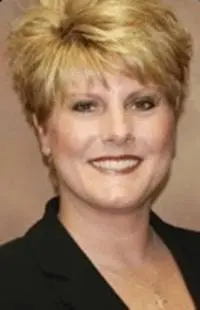
CEO
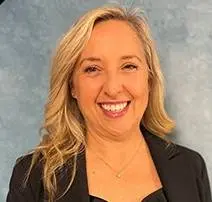
COO & Compliance Officer
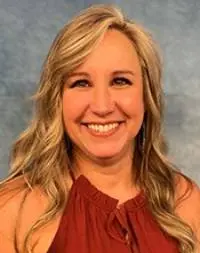
CFO
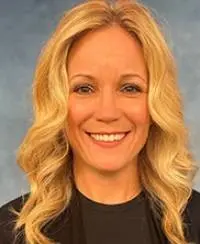
CMO
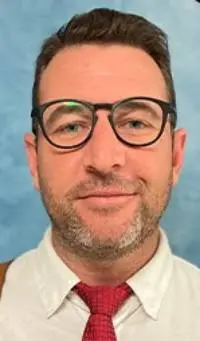
Chief People Officer
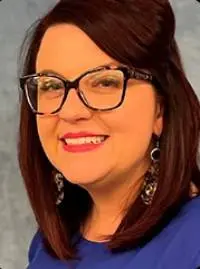
President
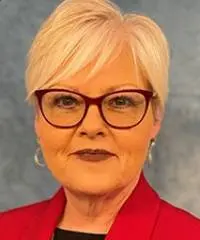
VP
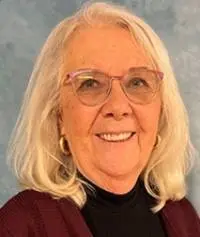
Secretary
Accreditations

State Licenses are permits issued by government agencies that allow rehab organizations to conduct business legally within a certain geographical area. Typically, the kind of program a rehab facility offers, along with its physical location, determines which licenses are required to operate legally.
State License: Oklahoma
Contact Information
628 East Creek Avenue
Mcalester OK, 74501
